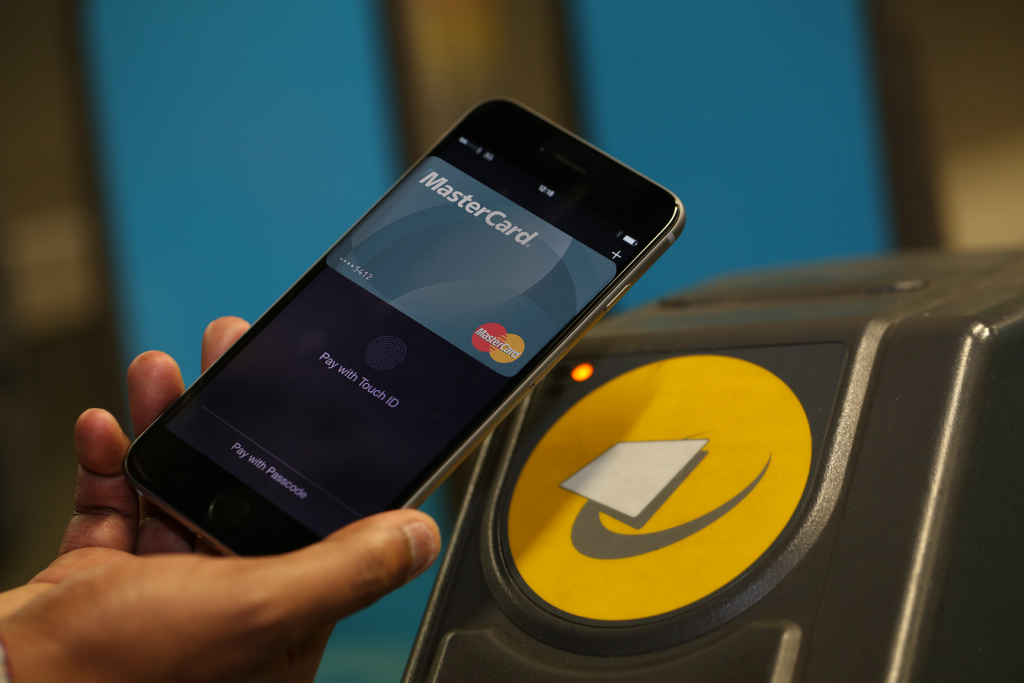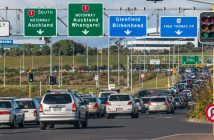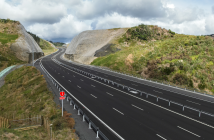Contactless debit or credit cards and digital payment methods like Apple Pay or Google Pay will be available on public transport throughout the country as part of the National Ticketing Solution (NTS), however it will not be fully rolled out until 2026

Whether it is on the bus, train or ferry, there will be a single payment system across New Zealand, with the signing of the National Ticketing Solution contract with American public transportation and defense corporation, Cubic.
“This is a key milestone in the journey to grow public transport use by providing a single payment system and a range of easy-to-use payment methods, no matter where you are in the country,” Transport Minister Michael Wood says.
“Our government is committed to making it more affordable, easier and attractive for Kiwis to use public transport. Through our investments we are delivering linked up public transport networks across the country that help people get to where they want to go.
“When implemented, the NTS will offer a wide range of benefits to public transport users. The payment system will be convenient, easy to use, and offer a consistent customer experience.”
Waka Kotahi explains that the National Ticketing Solution is a convenient, reliable and cost-effective solution aimed at providing more ways for customers to pay for public transport.
Customers will be able to choose what payment method works best for them. They will be able to pay for public transport using contactless debit or credit cards, as well as digital payment methods like Apple Pay or Google Pay, while still offering the option of using a pre-paid transit card.
The NTS will increase people’s ability to travel safely, easily and independently, leading to more people using buses, rail and ferries more often.
The National Ticketing Solution project aims to improve public transport for New Zealanders through a standardised approach to paying for public transport which will provide a common customer experience no matter where you are in the country.
“This new technology will allow daily weekly and monthly fare caps to be applied to travel automatically, meaning customers will be charged the best possible fare at the end of each day,” Wood says.
“It will also mean that when travelling to a new town, people will be able to pay using what’s already in their pocket, rather than having to buy a transit card specific to that region or fumble for cash.
“The NTS will be an enabler for change. To encourage public transport as the preferred travel choice for more people, more often, we must invest in modern technologies to improve the customer experience.
“Cubic have the proven experience of delivering this solution, meaning New Zealanders can have confidence that they are getting a platform that works,” Wood says.
As well as the contract between Waka Kotahi and Cubic, a participation agreement has also been finalised between Public Transport Authorities, Auckland Transport, Greater Wellington Regional Council, Environment Canterbury, and a Regional Consortium of ten smaller councils, to deliver the solution.
“The local authorities saw the benefits that the NTS can provide to the decarbonisation and economic development of their regions,” Wood says.
“Through improved access and increased patronage of public transport, roads will become less congested, safer and we will reduce our emissions.
The National Ticketing Solution will be rolled out in a stage process across the different public transport authorities. The first pilot will begin in 2024 in Canterbury with all other regions transitioned to the NTS by 2026.
The National Ticketing Solution partners are Auckland Transport, Greater Wellington Regional Council, Environment Canterbury, Waka Kotahi, and a Regional Consortium of ten medium and smaller councils that currently use the Bee Card. Those councils are Northland Regional Council, Waikato Regional Council, Bay of Plenty Regional Council, Taranaki Regional Council, Gisborne Regional Council, Horizons Regional Council, Hawkes Bay Regional Council, Nelson City Council, Otago Regional Council, and Invercargill City Council.








